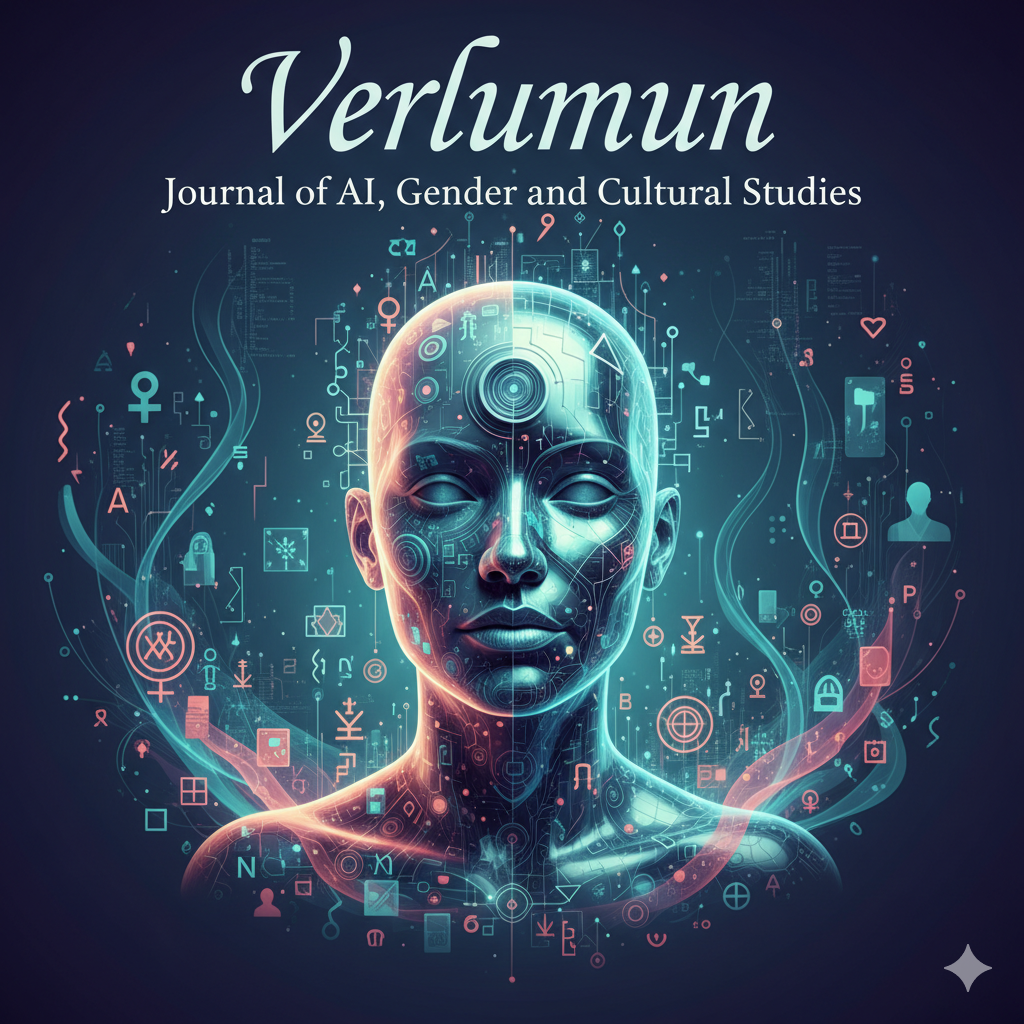Aims and Scope
The Verlumun Journal of AI, Gender and Cultural Studies is a rigorously peer-reviewed, open-access, interdisciplinary journal dedicated to the critical examination of the dynamic and complex relationships between Artificial Intelligence (AI), gender, and cultural formations across global society.
We welcome original research that moves beyond siloed technological or humanistic perspectives to explore how AI systems are designed, implemented, experienced, and resisted in ways that are fundamentally shaped by—and in turn, reshape—gender norms, power structures, and cultural identities.
Focus & Aims
Verlumun publishes critical, empirical, and theoretical scholarship on the intersection of these three core domains, including but not limited to the following key thematic areas:
I. Algorithmic Bias and Equity
· Gendered and cultural biases embedded within AI datasets, algorithms, and models (e.g., facial recognition, hiring tools, credit scoring).
· The impact of AI-driven systems on exacerbating or mitigating social and gender inequality.
· Ethical and policy frameworks for building inclusive and equitable AI, including feminist and decolonial computing approaches.
II. Cultural Representations and Narratives
· The portrayal of AI, robots, and cyborgs in literature, film, art, media, and popular culture, particularly concerning gender roles and stereotypes.
· The cultural imaginaries (hopes and fears) that surround human-AI interaction.
· Analysis of how AI tools are used to create, distribute, and consume cultural content (e.g., Generative AI in art and writing, content moderation).
III. Identity, Performance, and Digital Subjectivity
· The construction and performance of gender, race, and sexuality through AI interfaces, chatbots, and digital platforms.
· The role of AI in shaping online communities, fan cultures, and digital activism.
· Critical studies of gendered digital labour (e.g., data annotation, content moderation) supporting AI development.
IV. Global and Decolonial Perspectives
· The differential and intersecting impacts of AI implementation on cultures, communities, and gender groups in the Global South.
· Decolonial critiques of AI systems, challenging Western and patriarchal assumptions in technological design and governance.
Target Audience
Verlumun serves researchers, academics, and practitioners across a wide range of fields, including: Computer Science (with a critical focus), Gender Studies, Cultural Studies, Media Studies, Sociology, Anthropology, Ethics, and Law.
Contribution Type
We prioritise high-quality, rigorously reviewed manuscripts that offer substantive theoretical and/or empirical contributions to the field. Submissions must demonstrate a clear, critical link between at least two, and ideally all three, of the journal's core areas: AI, Gender, and Cultural Studies.

